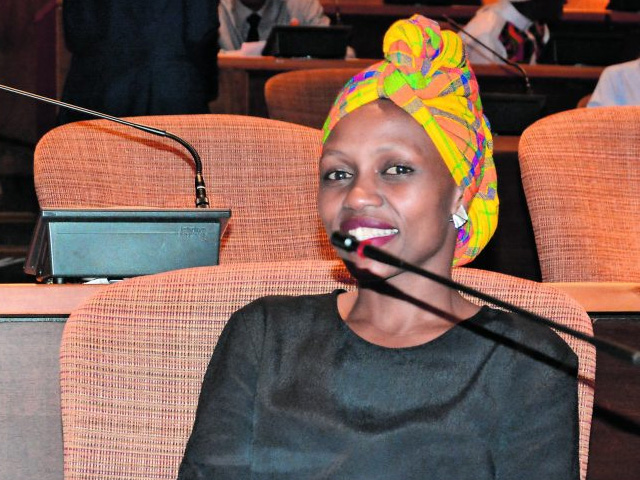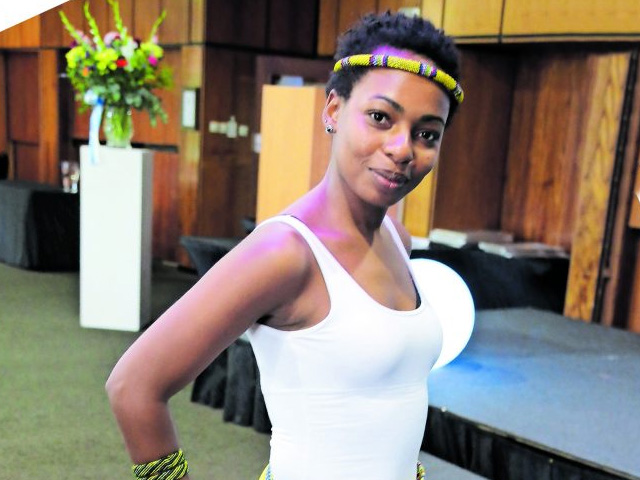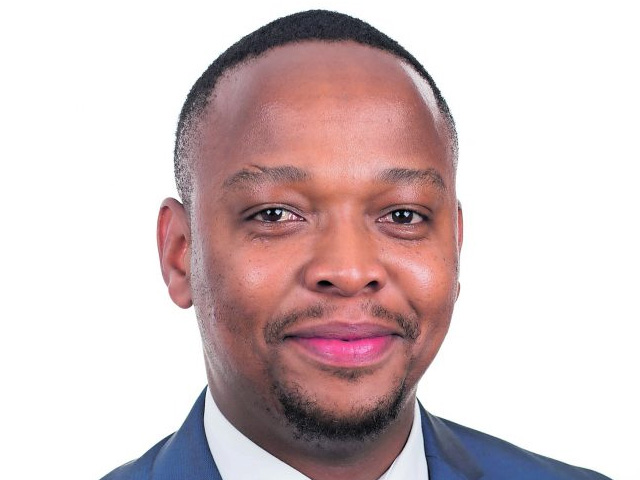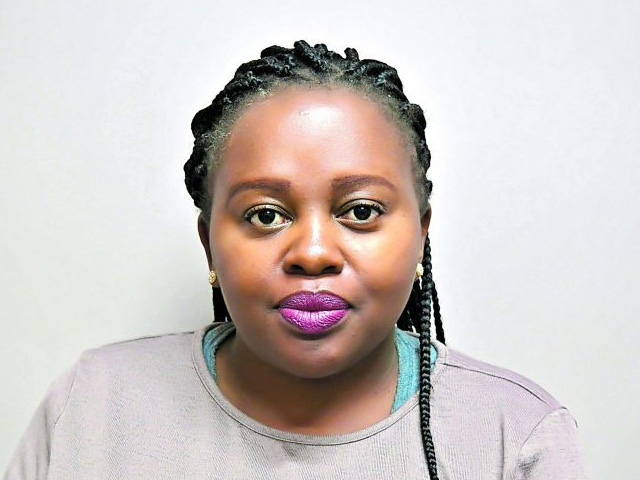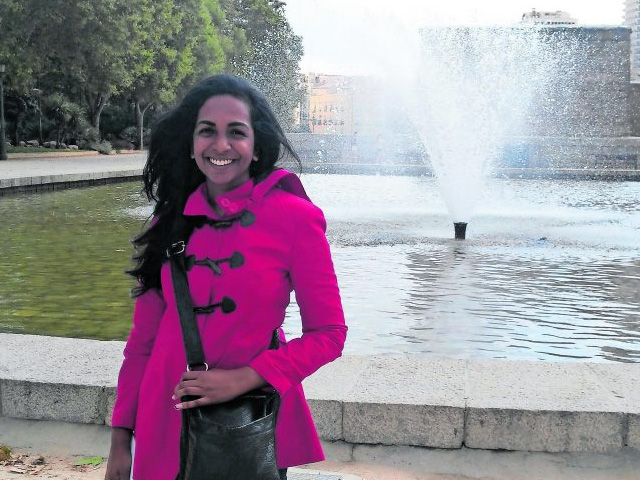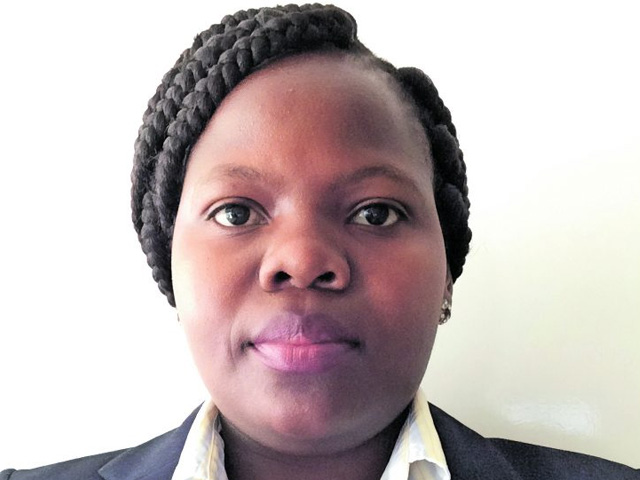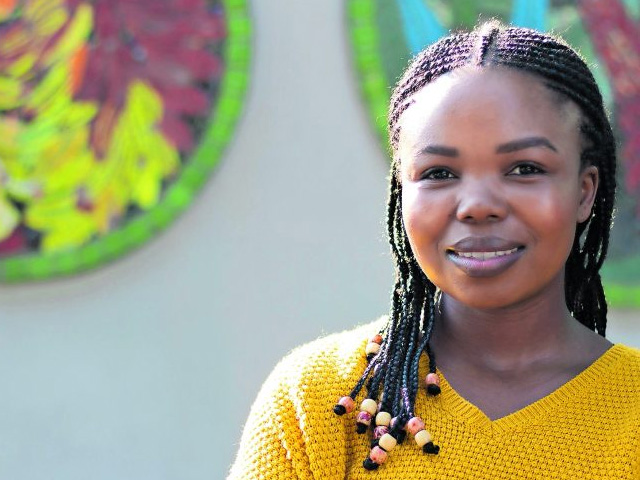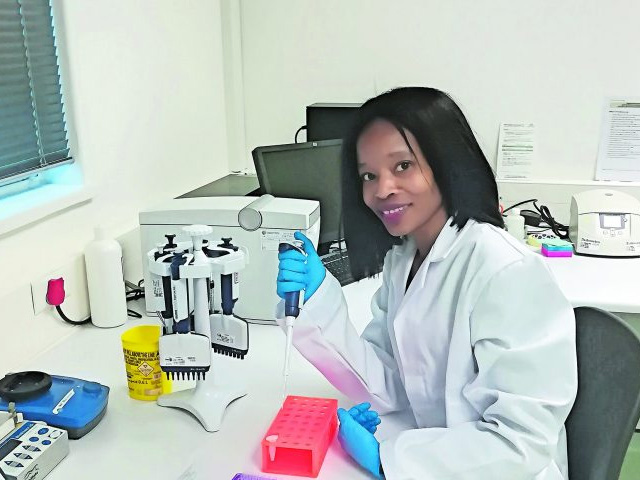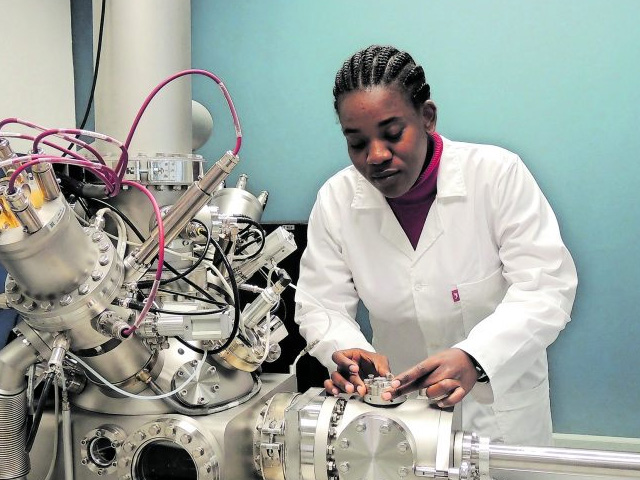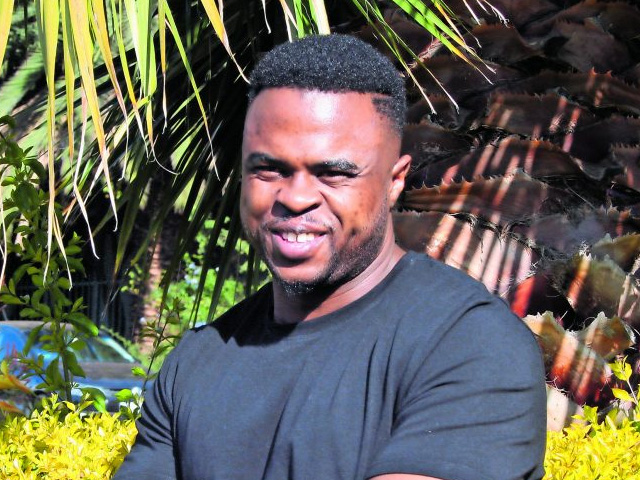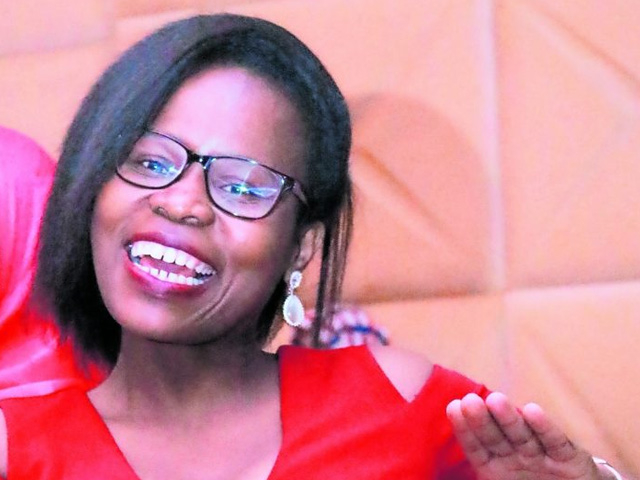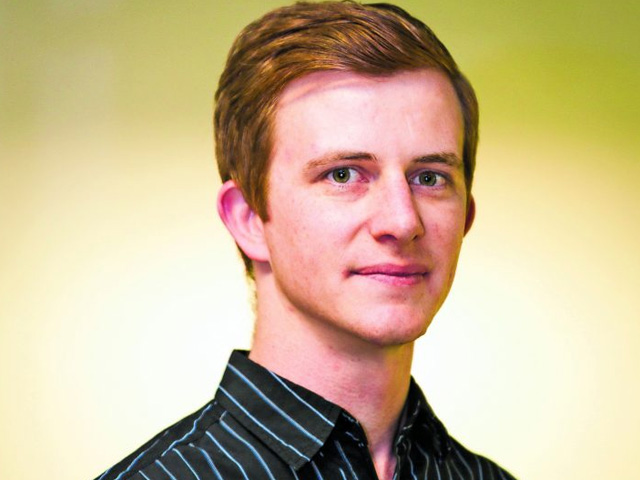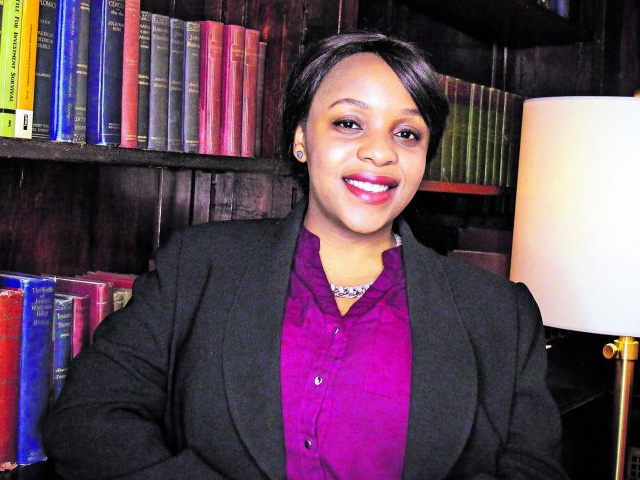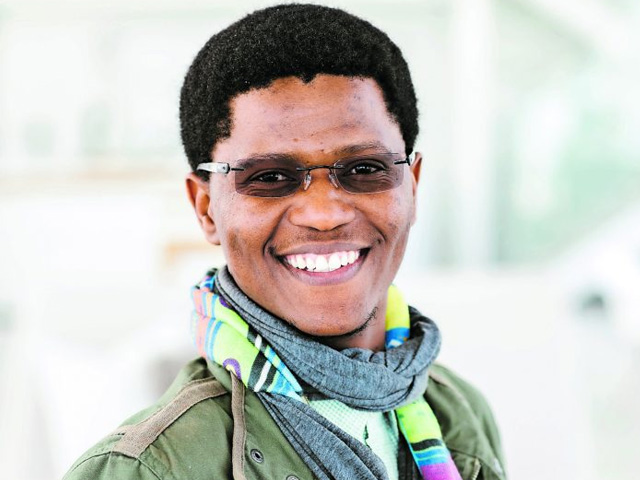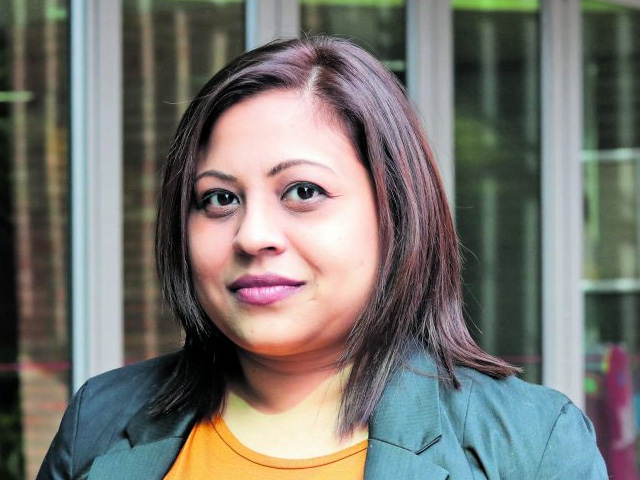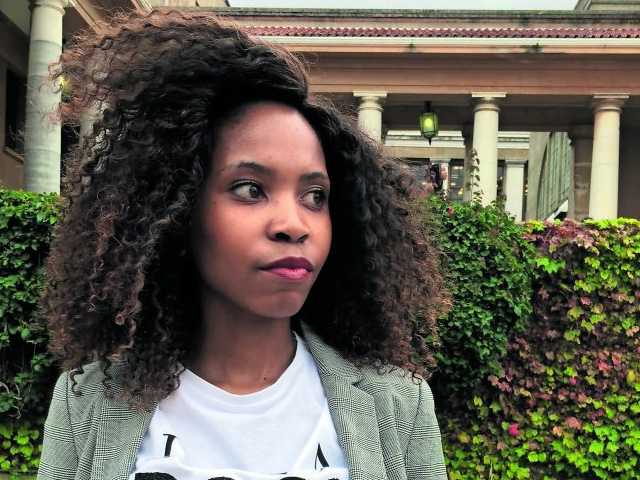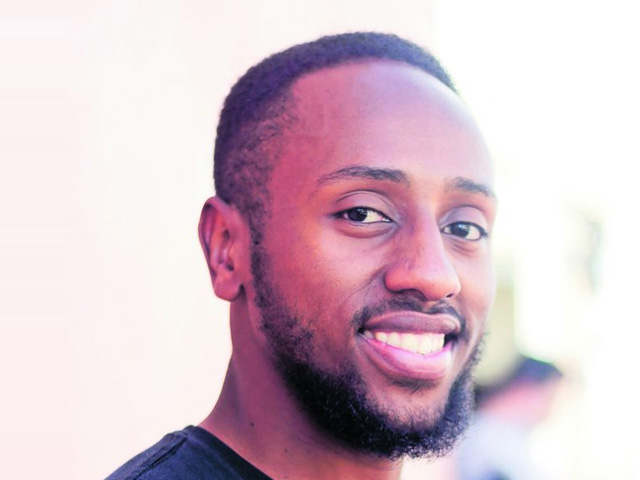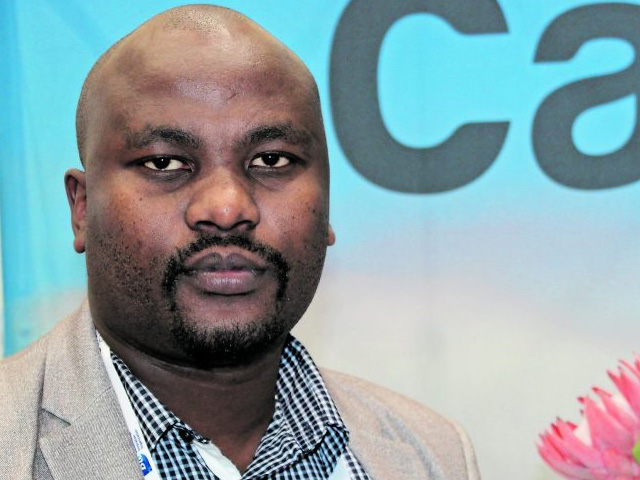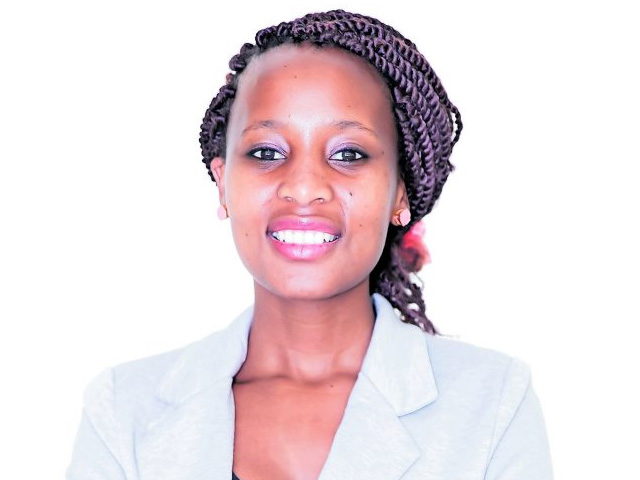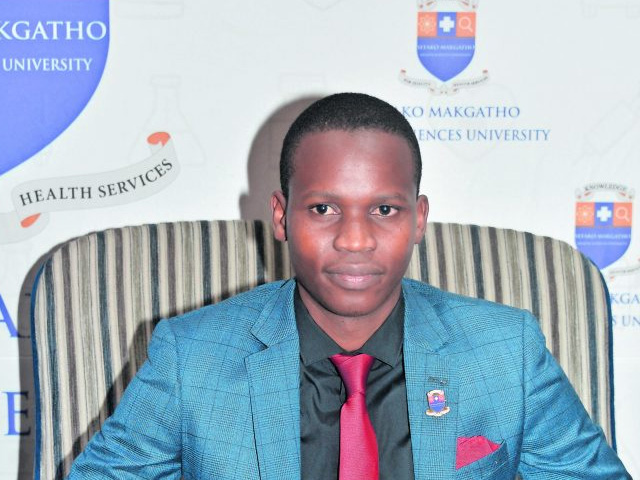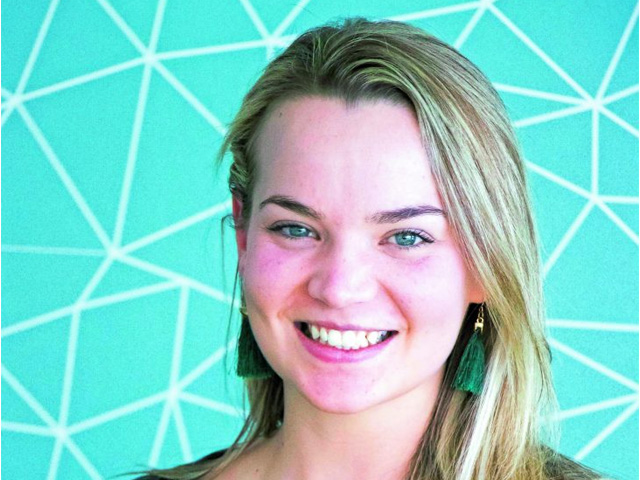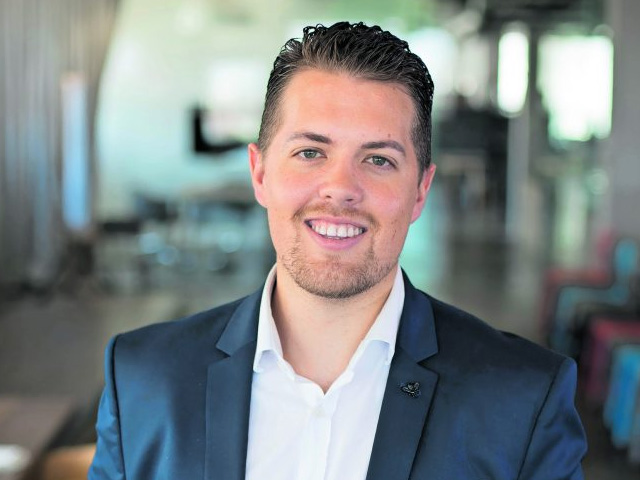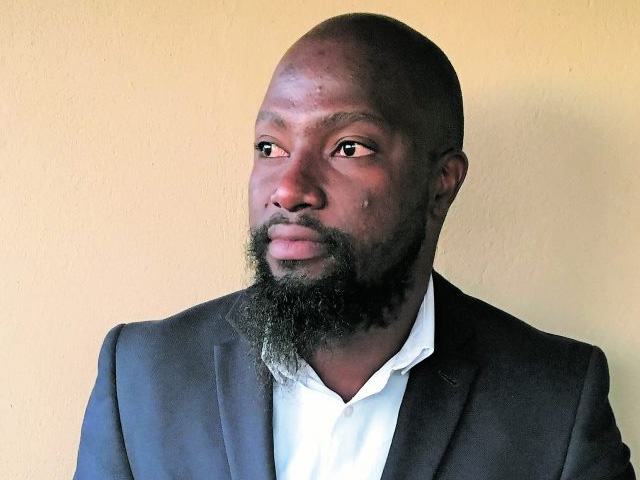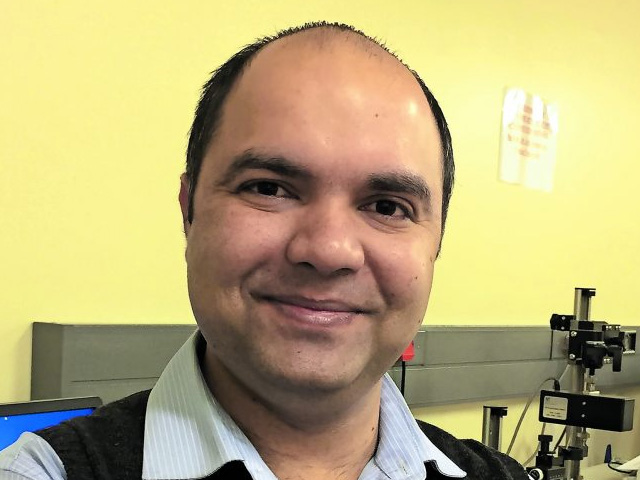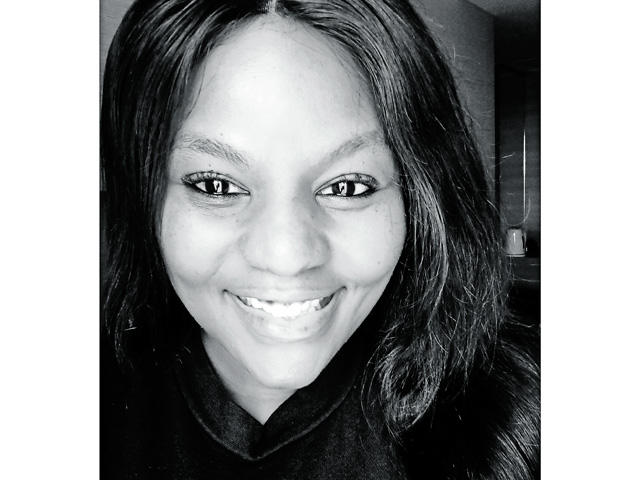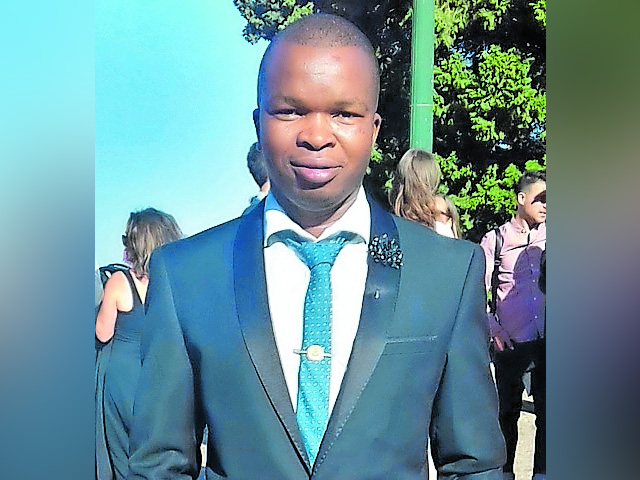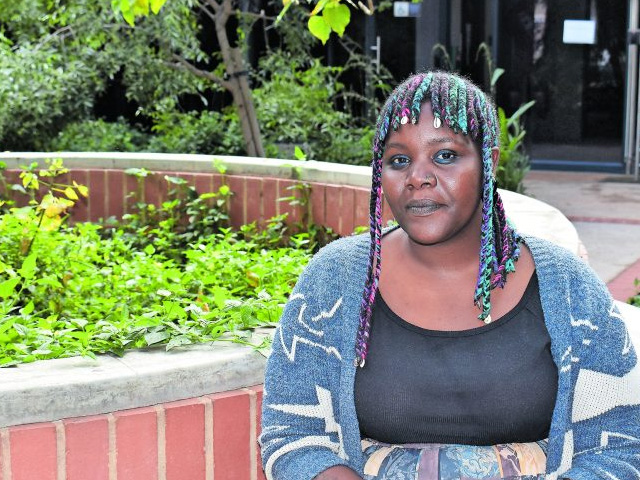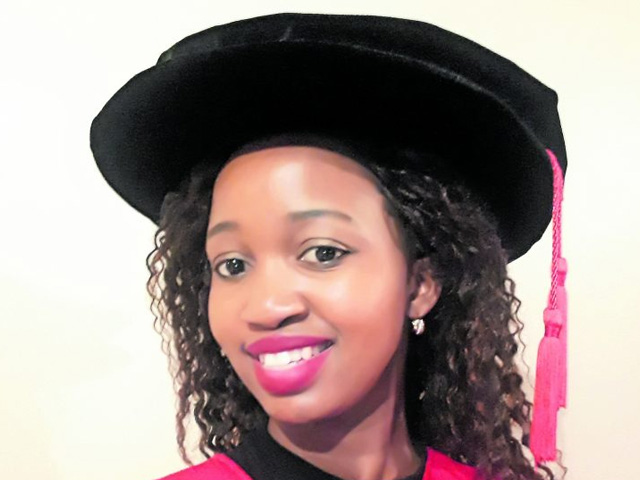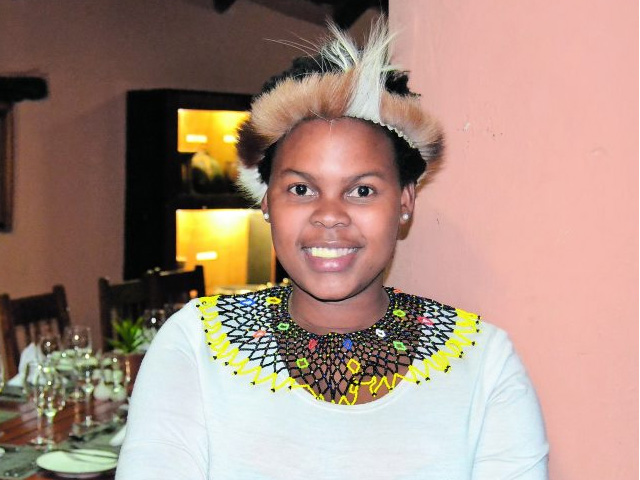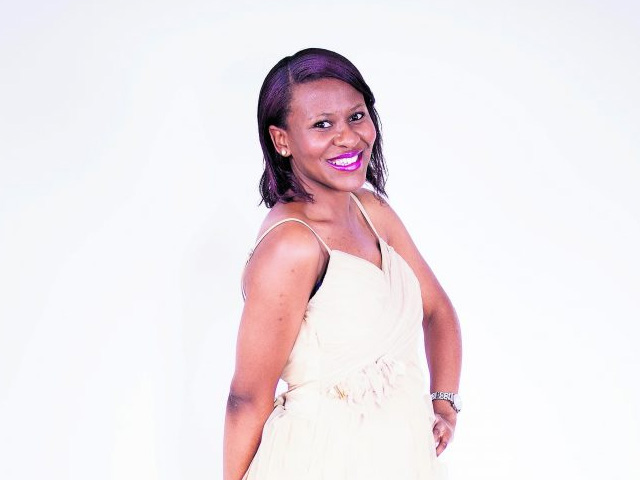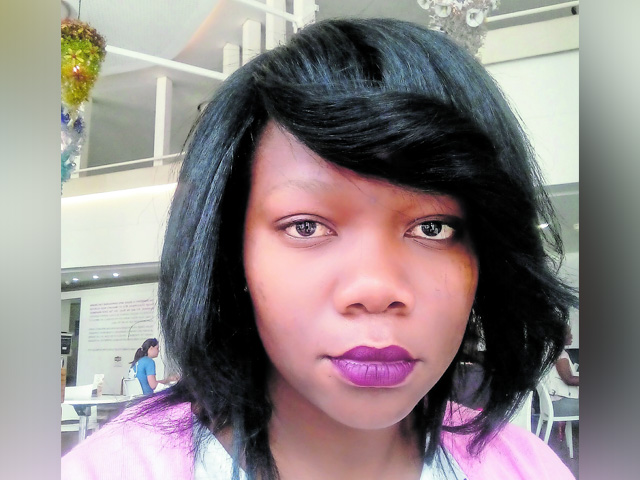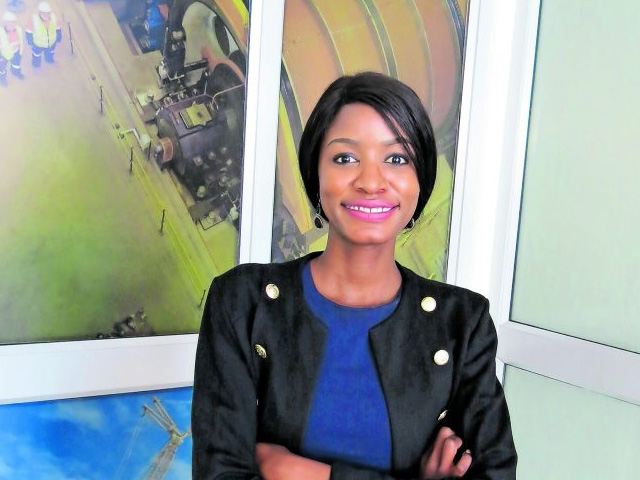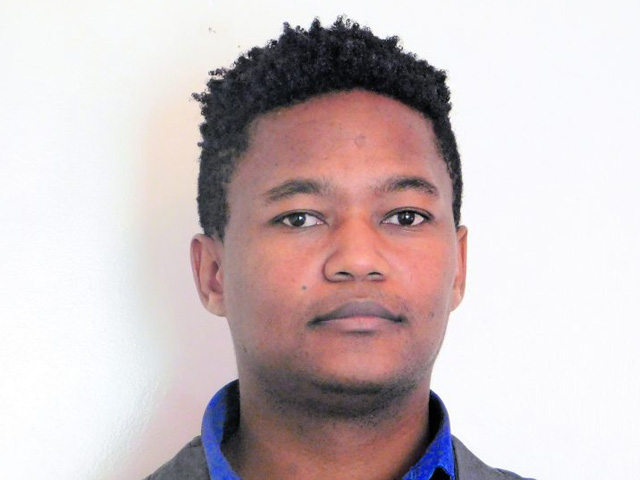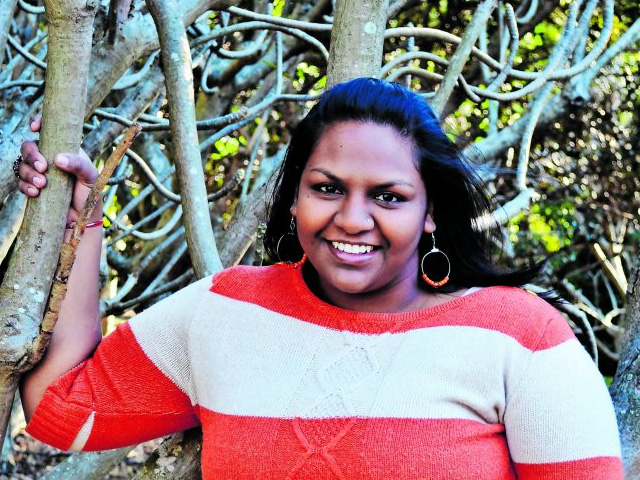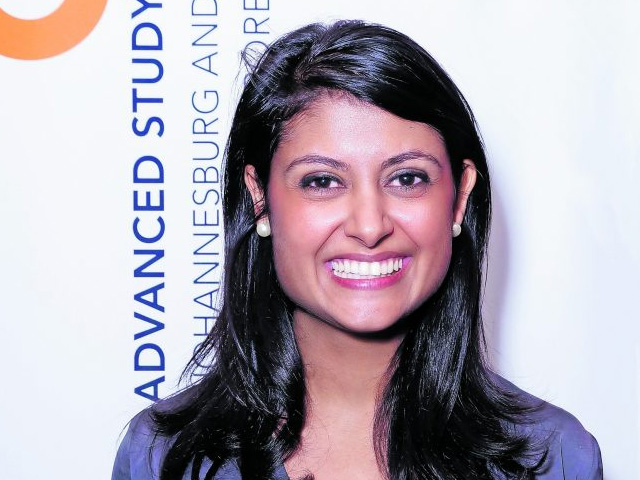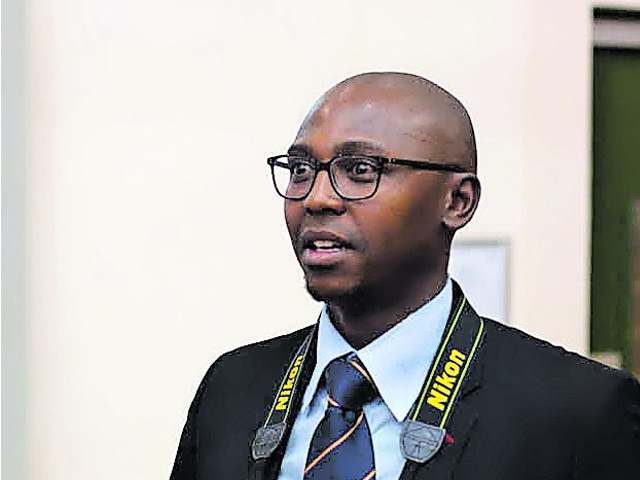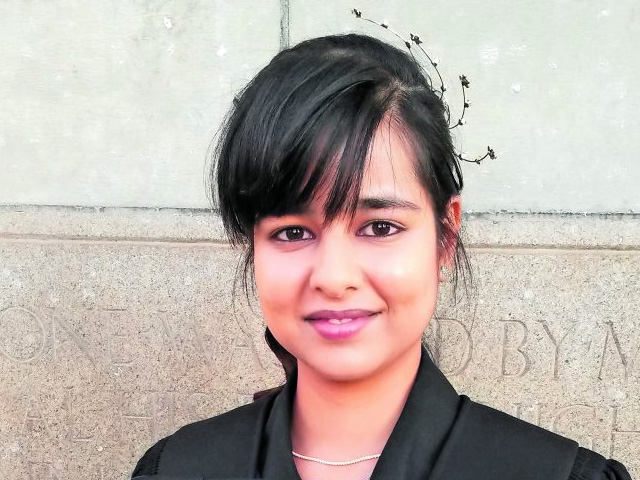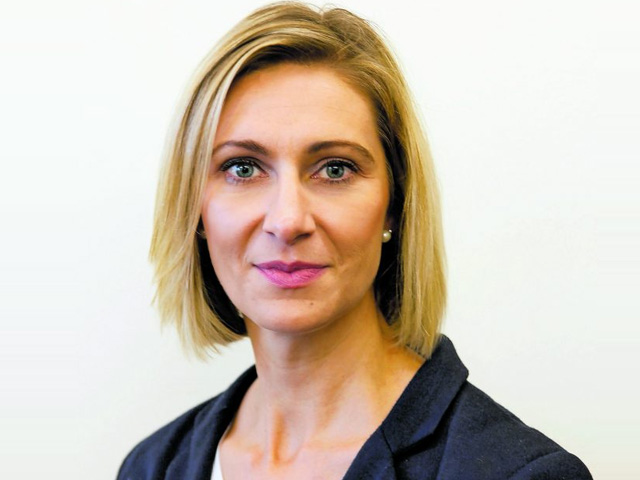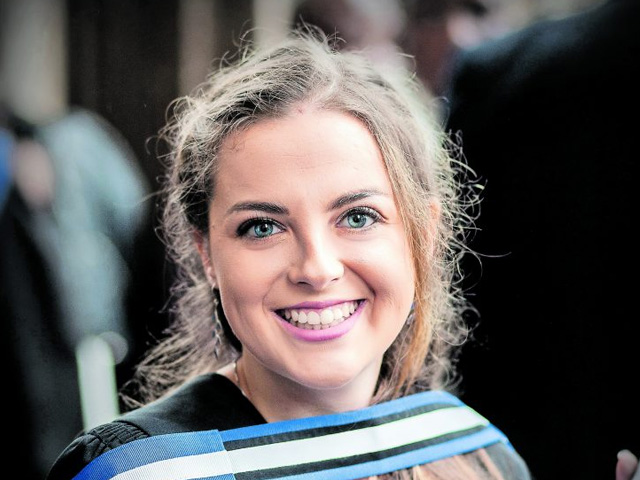Apiwe Hotele joined the South African Radio Astronomy Observatory (Sarao) in 2015 as a junior science processing developer, and is now permanently employed there as a technology commercialisation specialist. Hotele holds a BSc in Computer Science and Biochemistry cum laude from the University of Fort Hare and a master’s in Computer Engineering from the University of Cape Town (UCT).
Hotele is passionate about science education as well as about creating awareness of the science, technology, engineering and mathematics (Stem) industry; she wants to motivate students from previously disadvantaged communities to pursue careers in maths and science. Most of her programmes and initiatives are centered around Stem. In 2016 Hotele represented women in science at the Institute of Electrical and Electronics Engineers UCT branch, where she initiated #BreakingTheStereotype, an annual event focused on motivating young women engineers studying at the institution.
“Women are often underrepresented in the fields of engineering, both in academia and in the profession of engineering. A lot of them in this field are still unsure of whether they are suitable for this field, with some of them quitting and pursuing other careers. For this reason, we aim to create a platform where women engineers at UCT are able to interact with others in the industry through a panel discussion,” says Hotele.
She is the Western Cape branch co-ordinator for the International Council of Systems Engineers South Africa and is one of the evaluators for the annual Greatest Young Systems Engineer of the Year Challenge, which fosters interest, insight and skills in systems engineering in young South African engineers.
She initiated the iMbasa internship programme together with the Science Data Processing Team at Sarao to motivate students from disadvantaged communities to pursue careers in maths and science and to provide academic and financial support to these students.
Hotele is also the founder of Enlighten, an online tutoring application that offers remote tutoring services to disadvantaged communities in maths and science for grades eight to 12. “After receiving amazing results from the iMbasa programme I wanted to expand and be able to reach rural areas. The best way to achieve this is through technology, hence the development of the app. There is so much potential in rural areas that needs equal opportunity and resources as urban areas. It is our responsibility as people who come from rural areas to give back to these communities and to ensure that there is growth,” she says. The app is under development. — Aaisha Dadi Patel
